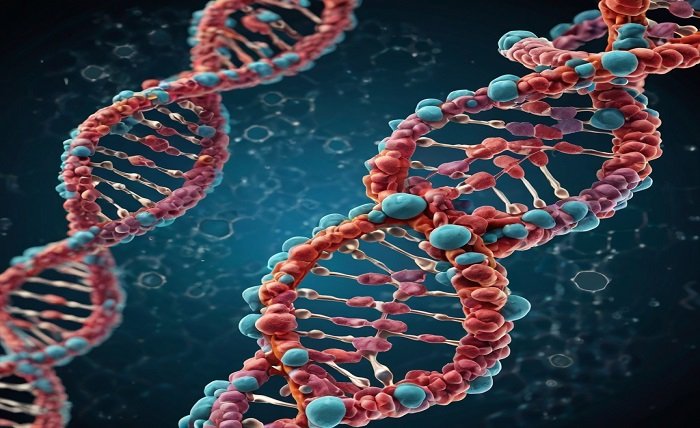In today’s rapidly changing scientific world, combining DNA technology and medicine is opening up previously unheard-of opportunities. This convergence is opening up new job opportunities and transforming healthcare. This essay will examine the exciting professions that combine genetics and medical science if you are interested in both areas. Let’s explore the intriguing realm where medical technology and DNA technology meet.
DNA Technology: Genetic Medicine’s Ascent

At the vanguard of contemporary healthcare is genomic medicine, which customizes medical treatments for each patient based on their genetic makeup. This field makes better use of DNA technologies for illness diagnosis, treatment, and prevention. For people interested in the human genome, a career in genomic medicine offers intriguing opportunities as practitioners operate in various contexts, including clinical settings and research facilities.
Genetic Counseling: Uniting Empathy and Science
Genetic counselors are essential to the healthcare industry because they help patients make sense of their genetic information. They support decision-making processes related to medical treatments and family planning by offering advice on the implications of genetic testing. This is the perfect vocation for folks who wish to directly improve people’s lives because it combines a deep understanding of science with compassionate patient care.
Precision Medicine: Customizing Care for Each Patient
Precision medicine is revolutionizing disease treatment by taking into account individual genetic differences. Experts in this area create individualized treatment regimens based on a patient’s genetic composition. Precision medicine is a diverse and cutting-edge field of study that frequently requires close collaboration with researchers, doctors, and bioinformaticians.
Biomedical Research: Breaking Through to New Heights
At the nexus of DNA technology and medicine, biomedical researchers seek to improve our understanding of the effects of genetics on health, identify novel genetic markers for disease, and create novel therapeutics. For people who are passionate about science and want to help progress medical knowledge, this is the ideal career.
Pharmacogenomics: Improving Drug Safety and Efficacy
Combining pharmacology and genomics, pharmacogenomics investigates the role genes play in a person’s response to medication. This area of study attempts to create safer and more efficient pharmaceuticals by taking individual genetic variations into account. For those with an interest in both genetics and pharmacology, careers in pharmacogenomics provide a variety of opportunities through research, clinical trials, and partnerships with pharmaceutical corporations.
Bioinformatics: Combining Data Science and Biology
Experts in bioinformatics study and interpret biological data, especially genetic sequences, using computational methods. Managing the enormous volumes of data produced by genomic research and turning it into useful medical insights are critical tasks for this profession. If you have a knack for data science and a love of genetics, bioinformatics offers a distinct and rapidly expanding professional path.
Genetics’ Ethical, Legal, and Social Implications (ELSI)
As DNA technology develops, the moral, legal, and societal concerns related to its application also grow. Experts in this field address concerns about genetic privacy, permission, and the effects of genetic changes. For people who are interested in the development of ethical usage guidelines for genetic technology and the wider societal effects of this technology, this is the perfect career path.
In summary
Medical professionals who work with DNA technology have a wide range of exciting job options. This subject offers a plethora of options to have a notable impact on healthcare and society, regardless of your interest in clinical applications, research, or ethical issues. Due to advancements in DNA technology, there is a growing demand for experienced workers in these interdisciplinary jobs, making it an exciting time to enter this dynamic field.
FAQ
What does genomic medicine entail? genomic medicine tailors medical care to each patient’s unique genetic profile by utilizing genetic information to diagnose, cure, and prevent diseases.
What is the role of a genetic counselor? Genetic counselors educate patients about genetic testing and its effects on health and family planning, while also offering support.
What distinguishes precision medicine from conventional medicine?
A: While traditional medicine frequently takes a one-size-fits-all approach, precision medicine customizes therapies based on individual genetic variances.
What does “pharmacogenomics” mean? Pharmacogenomics investigates the role that genes play in an individual’s response to medication to create more individualized and potent therapeutics.
Why is using bioinformatics for genetic research important? Bioinformatics is essential for managing and analyzing the massive volumes of data produced by genomic research and transforming it into useful medical insights.
